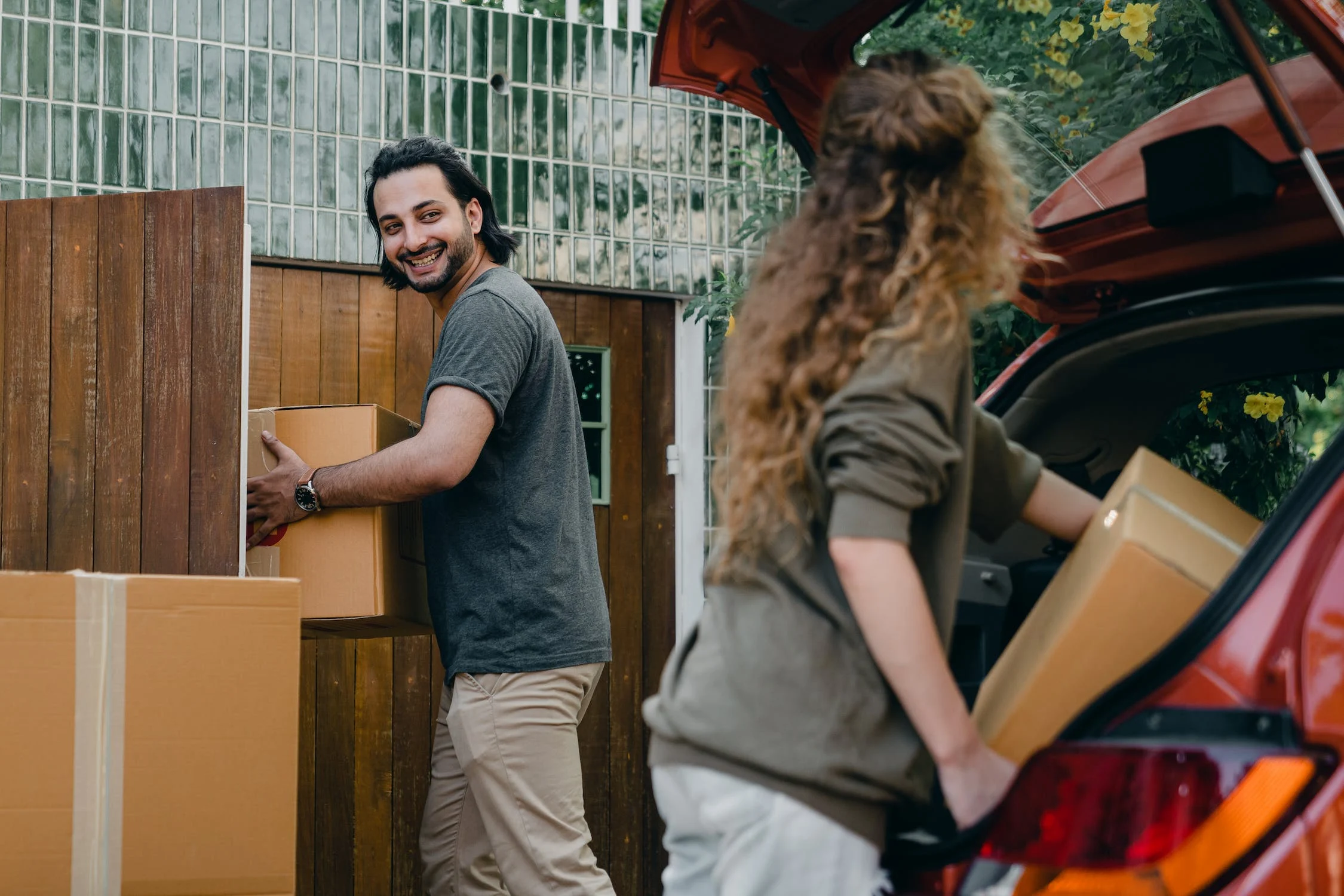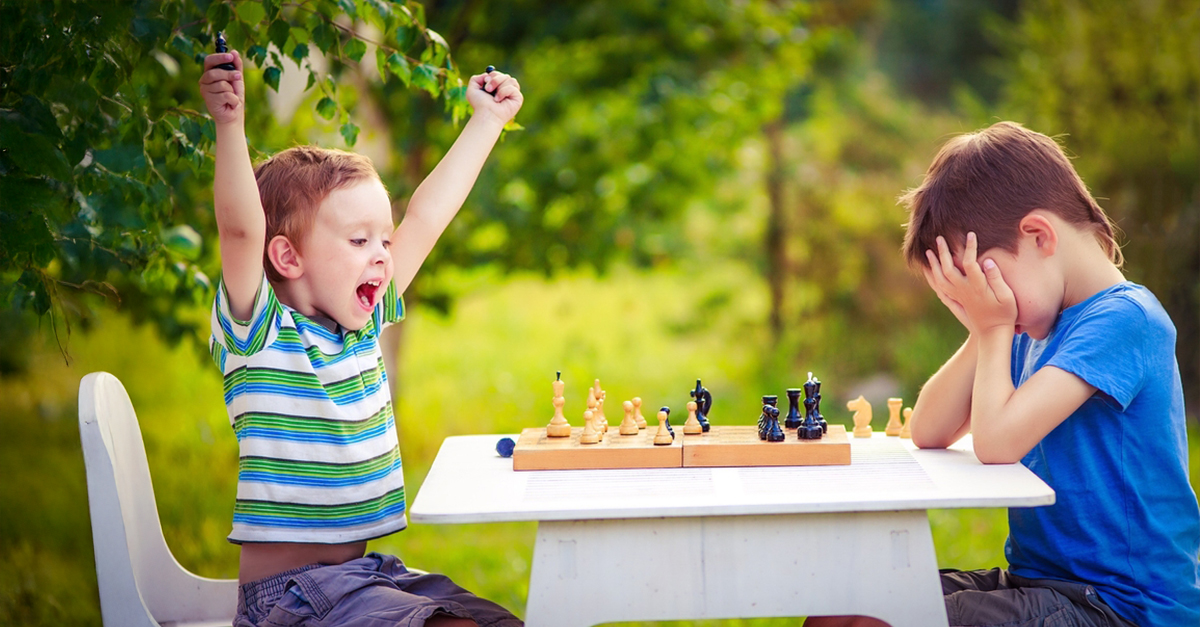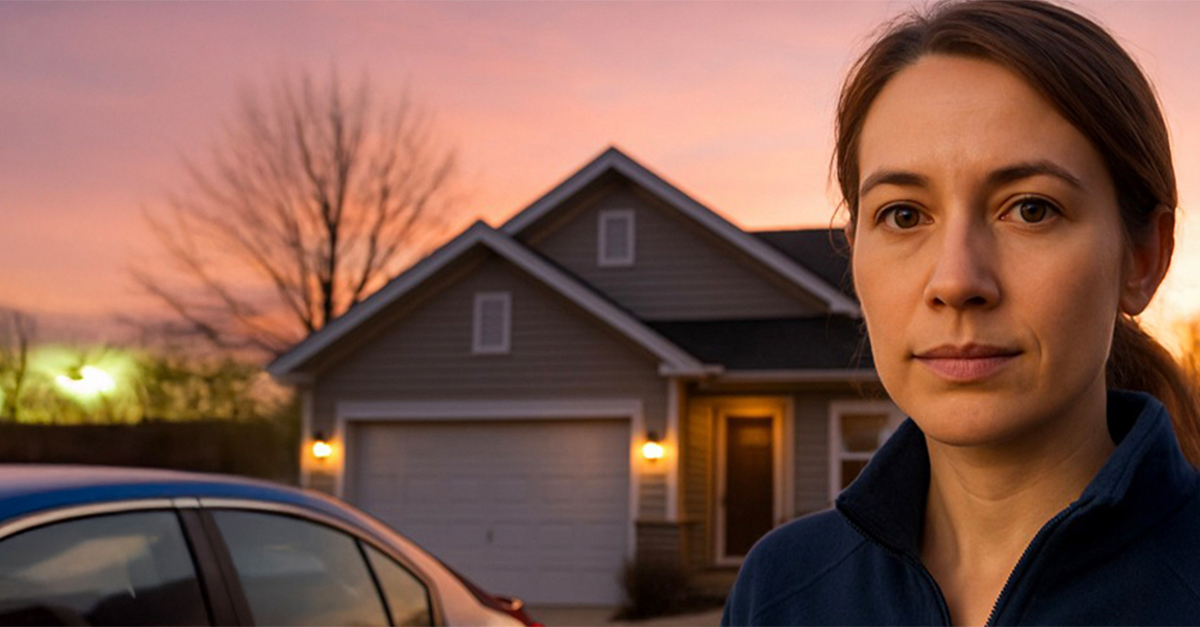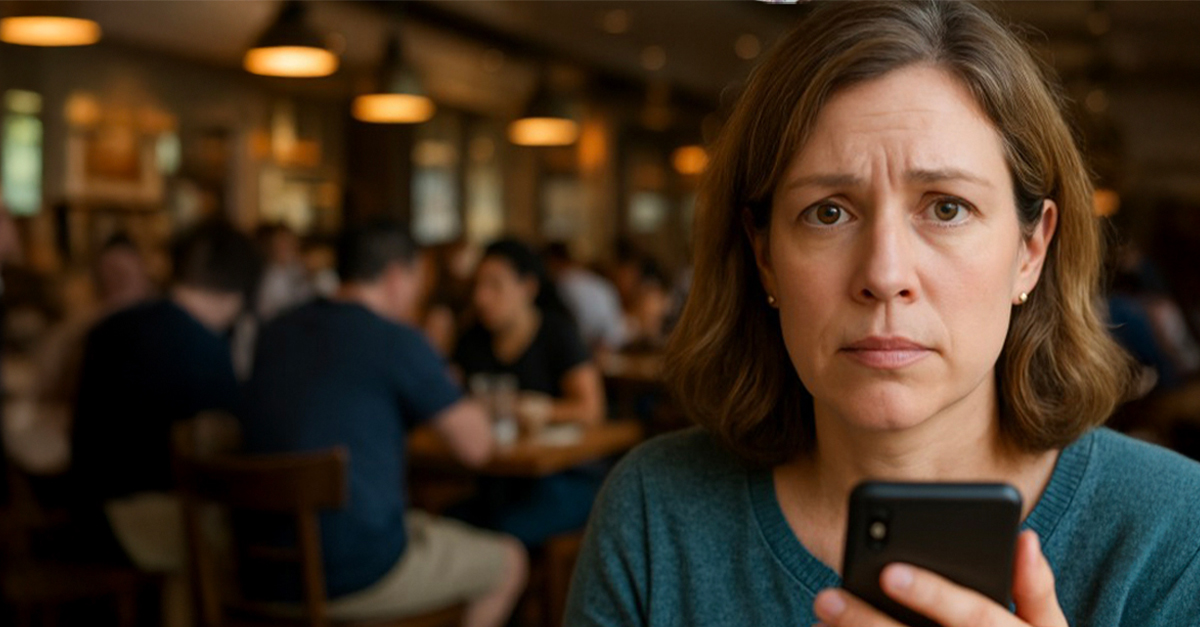Friendships are important for our happiness and emotional well-being. As we go through different stages of life, the way we connect with friends can change, and inevitably, we lose some friends along the way. This can happen naturally as people move in and out of our lives, but there's a time when it seems to happen more often.
The age when friends are lost
During early adulthood, usually between the ages of 18 and 25, people tend to lose friends. This happens when they go through big changes in their lives, like finishing high school, starting college, or getting a job, and becoming more independent. These changes can make people think about their friendships differently and make new connections with others.
New place, new connections
When people move away from their hometowns to go to college or start a new job, they often lose touch with their old friends. This is because it can be hard to stay in touch with friends when you're far away, especially when you're busy with school or work. As a result, people may slowly start to drift apart from their childhood or high school friends and make new friends in their new location.
A shift in priorities
Friendships might naturally fade away as people's priorities and interests change. This usually occurs during their 20s and 30s. For example, someone who is very focused on their career might find it hard to hang out with friends who like to hang out and have fun. While one's career might see huge gains, his or her friendships will begin to suffer.
Major milestones get in the way
Big changes in one's life, like getting married or having kids, can affect friendships. When people devote more time and energy to their families or work, they might not have as much time to spend with their friends who don't share the same priorities or life situations.
Life goes on
Growing up is tough, and sometimes we lose friends along the way. But this is a totally normal part of life, and even though it might seem sad at first, it can also be a great chance for us to grow and make new friends. Studies show that having good friends is important for our mental health, and they are one of the few resources that can always be there for us when we need them. With that in mind, make sure to put in the effort and invest in your friendships!












